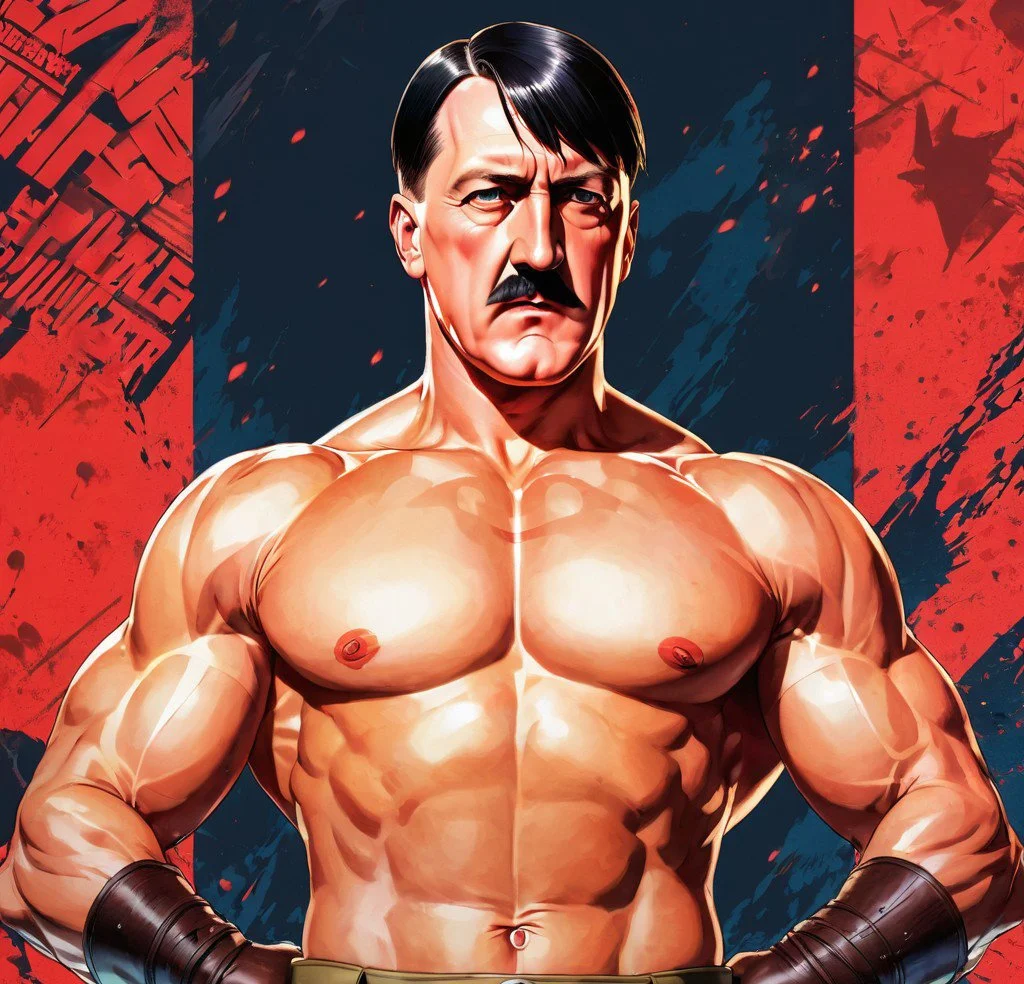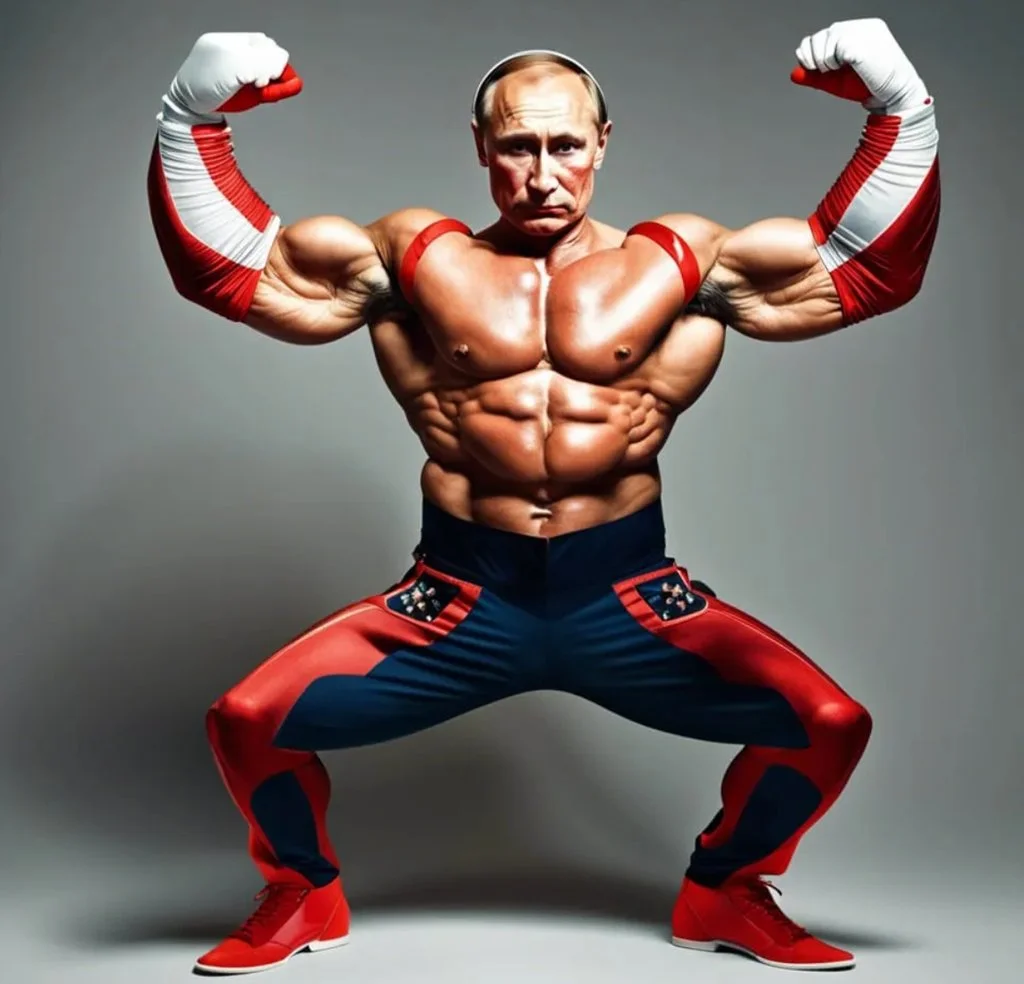The Allure of the Strongman Politician
July 1, 2025
By Johnathan Days, CNIC Senior Analyst | 3 Minute Read
Information Cutoff: 12:00pm MDT
Why some voters prefer leaders with a tough image
El Paso (CNIC) — Strongman leaders have mastered a simple but powerful formula: they present themselves as the tough, no-nonsense figures who will cut through all the political wheeling and dealing, and actually get things done. No endless committee meetings, no compromise—just decisive action when action is needed. “Smart” politicians, with their intellect, degrees, and experience, all eventually become expert negotiators, bending and folding where necessary to keep the ship afloat. The strongman, on the other hand, will threaten to sink the entire ship, and thus easily overpowers the more intelligent, policy-focused politicians.
This appeal becomes especially magnetic when a country is struggling. When voters are worried about crime, economic troubles, or external threats, a leader who promises to tackle these problems head-on can seem like the only (maybe even, the final?) solution. While regular politicians debate and make incremental progress, the strongman offers something more immediate: swift, decisive solutions.
Let's examine how this played out in two very different (and non-USA!) historical contexts.
Germany: When It All Falls Down
AI Image.
Germany after WWI was a nation knocked on its ass. The Treaty of Versailles didn't just impose penalties—it was designed to humiliate, stripping away territory and leaving Germans feeling betrayed by their own government.
Then came the economic nightmare. During the Great Depression, hyperinflation reached absolute bats*** levels. A loaf of bread that cost 250 marks in January 1923 had skyrocketed to 200 billion marks by November. With a trillion marks equaling just one American dollar, you could have truckloads of cash and still be unable to buy basic necessities. Imagine needing a suitcase of money to buy a newspaper—that was the everyday reality.
In this environment of desperation and frustration, Adolf Hitler and the Nazi Party emerged. They skillfully exploited the crisis, channeling people's anger while promoting antisemitism and promising to restore Germany's strength and pride. For a population that felt abandoned and humiliated, their toxic message offered a twisted form of hope. I cannot overstate this enough: The Nazi party was genuinely popular. Of course there was political maneuvering and force, but the people wanted change by any means, and the Nazi party was chosen for that specific purpose.
Russia: From Superpower to Chaos
AI Image.
When the Soviet Union collapsed, Russia didn't just lose an empire—it lost its identity. The economy was in shambles with crushing inflation and unemployment, corruption had become a way of life, and crime rates were through the roof. Under Boris Yeltsin's unpredictable leadership, the government seemed to stumble from one crisis to another.
The psychological blow was just as devastating. Russia had gone from being a feared superpower to a struggling nation that couldn't even handle the First Chechen War effectively. For many Russians, this felt like a national embarrassment—their once-mighty country had become weak and irrelevant.
Enter Vladimir Putin, a relatively unknown figure who projected exactly what frustrated Russians were craving: strength, order, and control. His intelligence background and tough handling of the Second Chechen War made him look decisive and competent compared to the chaos of the Yeltsin years. Behind the scenes, powerful figures in Yeltsin's inner circle—people with their own interests to protect—recognized Putin as someone they could work with and actively supported his rise.
By 2000, Putin had transformed from political nobody to Russia's president, riding a wave of public desire for stability and backed by influential power brokers who thought he would serve their purposes.
The Bigger Picture
The pattern is remarkably consistent: when people feel vulnerable, frustrated, or let down by weak leadership, they often gravitate toward leaders who project confidence and strength—even if that means accepting more authoritarian approaches to governance. It's a story that repeats across different countries and time periods, showing how the strongman's message of restored power and control can resonate deeply with populations who feel their nation has lost its way. —JD



